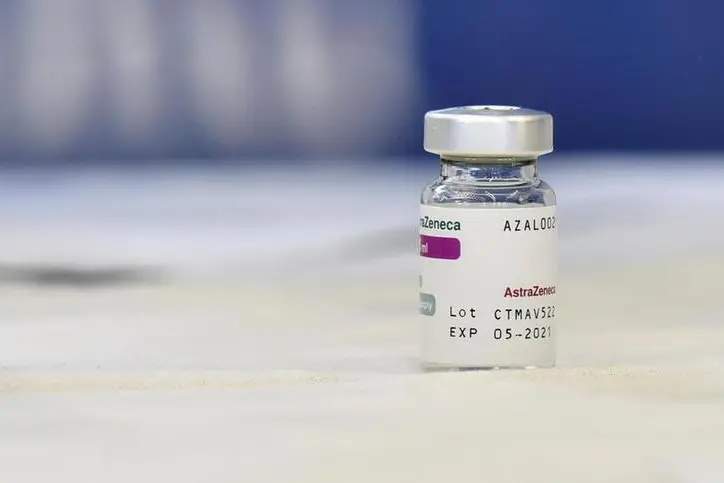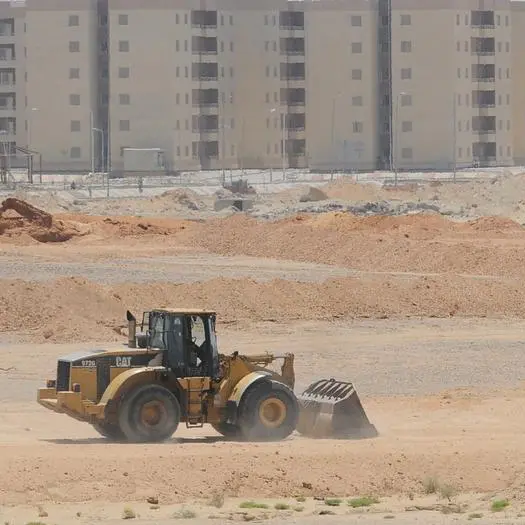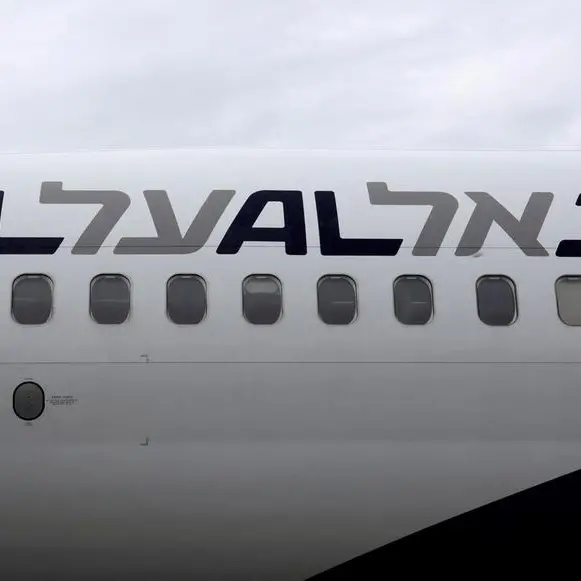PHOTO
(The author is a Reuters Breakingviews columnist. The opinions expressed are his own.)
LONDON - Pascal Soriot must be wondering what he has done to deserve it. Having developed a cheap and effective Covid-19 vaccine in super-quick time and offered to the world at cost, the AstraZeneca chief executive is now a political punchbag between governments bickering over supplies. His best bet is to keep his head down and promises to a minimum. AstraZeneca has a good product in high demand. But it may take a refresh of the board and chairman’s role to overcome the dent to its credibility.
Amid all the nationalist chest-beating in London, Brussels and New Delhi, it’s easy to forget the magnitude of the Anglo-Swedish firm’s achievement. Despite being primarily a cancer-drug specialist, the 95 billion pound group teamed up with Oxford University to produce a shot with nearly 80% effectiveness in record time. Vaccine hotshots GlaxoSmithKline, Merck and Sanofi are nowhere. And its price and ease-of-use make it one of humanity’s best hopes for taming the pandemic.
But there have been missteps. The first release of trial data in December contained confusingly different conclusions. The release this month of partial data from a U.S. trial raised further questions about AstraZeneca’s eagerness to impress. Crucially, there was nothing to cast doubt on the efficacy of the shot, making the problem more of messaging than substance.
With tens of millions of Britons now inoculated without incident and infection rates plunging, AstraZeneca can rest easier. That means no longer rushing out the results of new studies until all i’s are dotted and t’s crossed under peer review. Longer term, bolstering its understandably science-heavy board with expertise in expectations management might also help with over-promising then under-delivering. Such skills are worth bearing in mind when it comes to renewing the mandate of Leif Johansson, the 69-year-old Swedish industrialist who has been chairman for a good-governance stretching nine years.
The last thing Soriot should do is don his gloves and enter the political ring. AstraZeneca’s non-Covid treatments, which should bring in $31 billion of revenue this year, depend on good relations with regulators and governments. Coronavirus variants will also be around for years. AstraZeneca may even be able to make money preventing them. For that, governments need faith in AstraZeneca’s ability to deliver. That means getting its head down and doing what it does best – and leaving the bickering to politicians.
CONTEXT NEWS
- The rollout of AstraZeneca's Covid-19 vaccine faced further complications on March 25 as India halted exports of the shot and Europe discussed its own export controls.
- European leaders said on March 25 future exports of the shot from the bloc could be blocked until the British-Swedish company had fulfilled its orders.
- Europe has quarrelled with Britain, whose vaccine rollout has proceeded faster than in Europe. Britain has imported 21 million doses made in the European Union, according to an EU official cited by Reuters. Britain says it did a better job negotiating with manufacturers and arranging supply chains.
- Norway said on March 26 it was delaying a decision until April 15 on whether to resume the use of AstraZeneca’s Covid-19 vaccine due to health concerns.
- AstraZeneca has said a review of safety data from more than 17 million people inoculated in Britain and the European Union showed no evidence the vaccine raised the risk of blood clots.
(The author is a Reuters Breakingviews columnist. The opinions expressed are his own.)
(Editing by Rob Cox and Karen Kwok) ((ed.cropley@thomsonreuters.com; Reuters Messaging: ed.cropley.thomsonreuters.com@reuters.net))





















